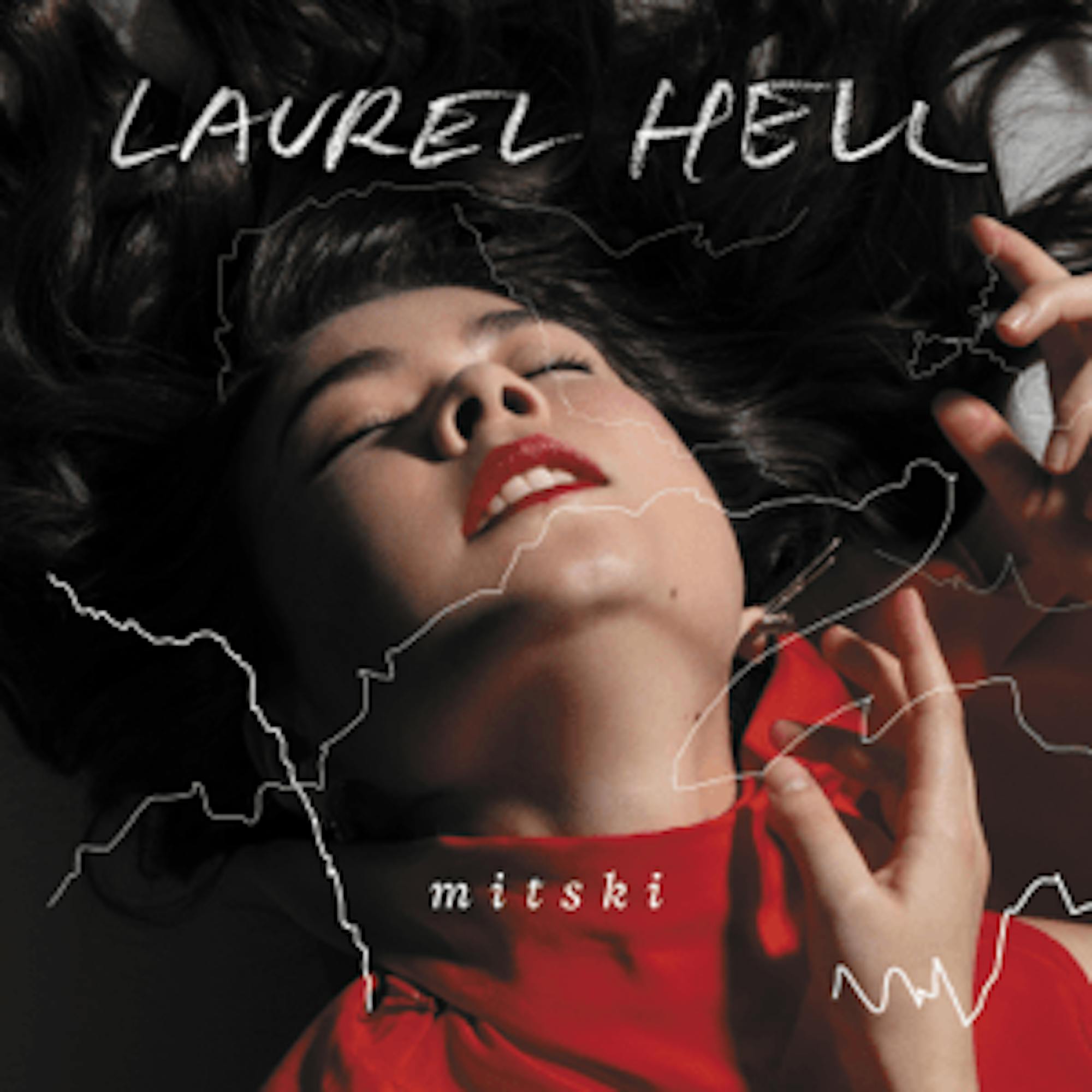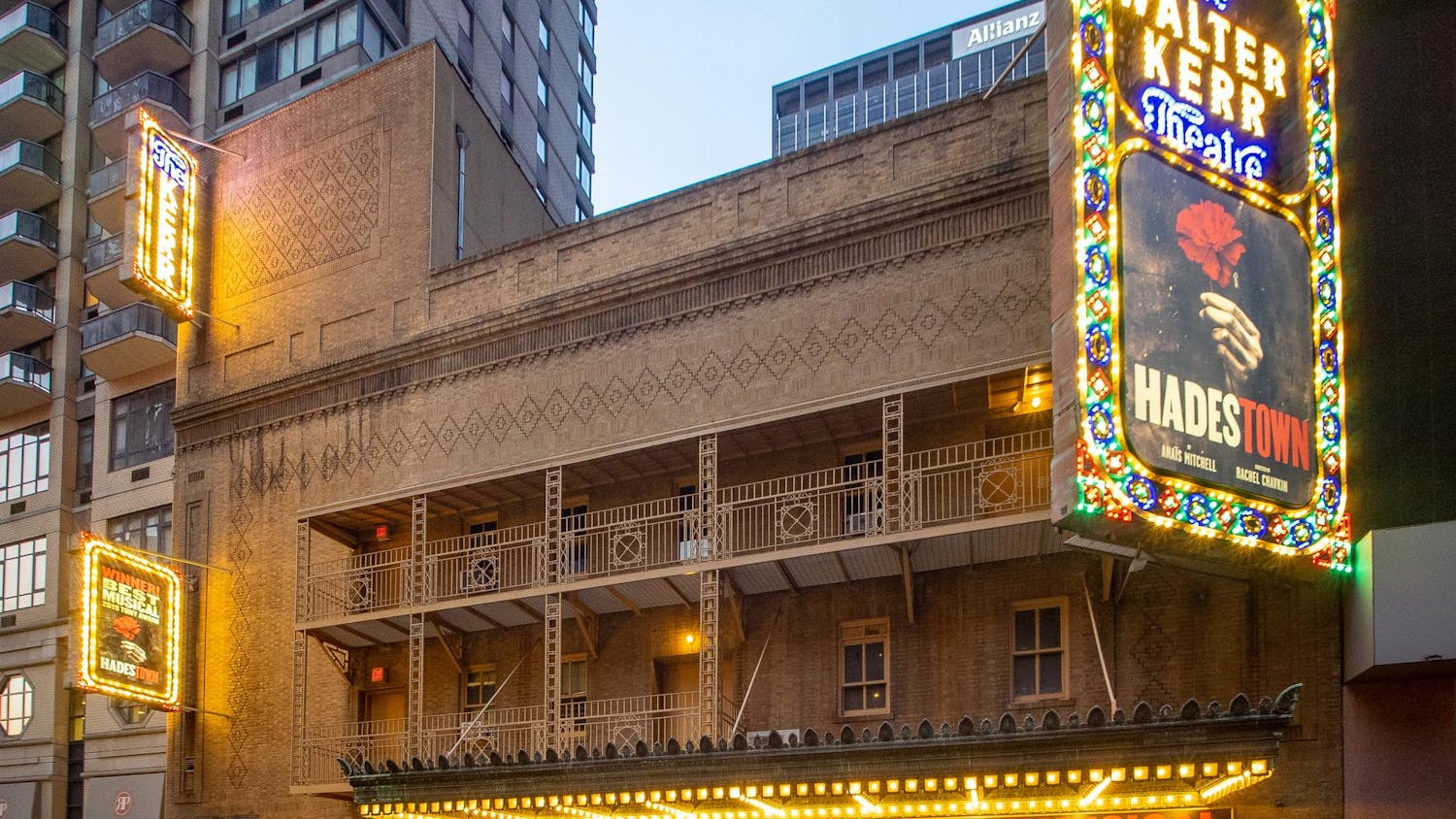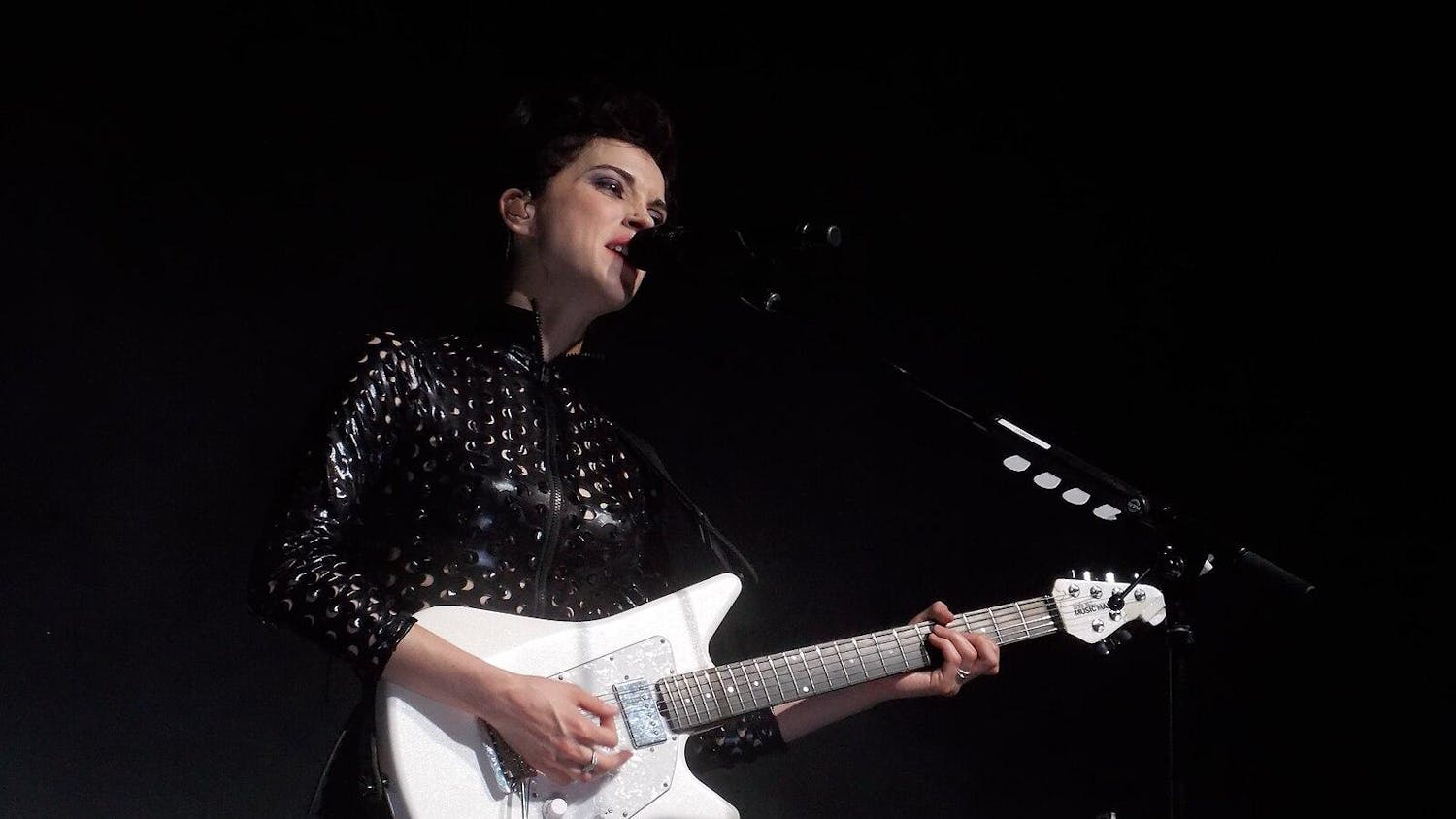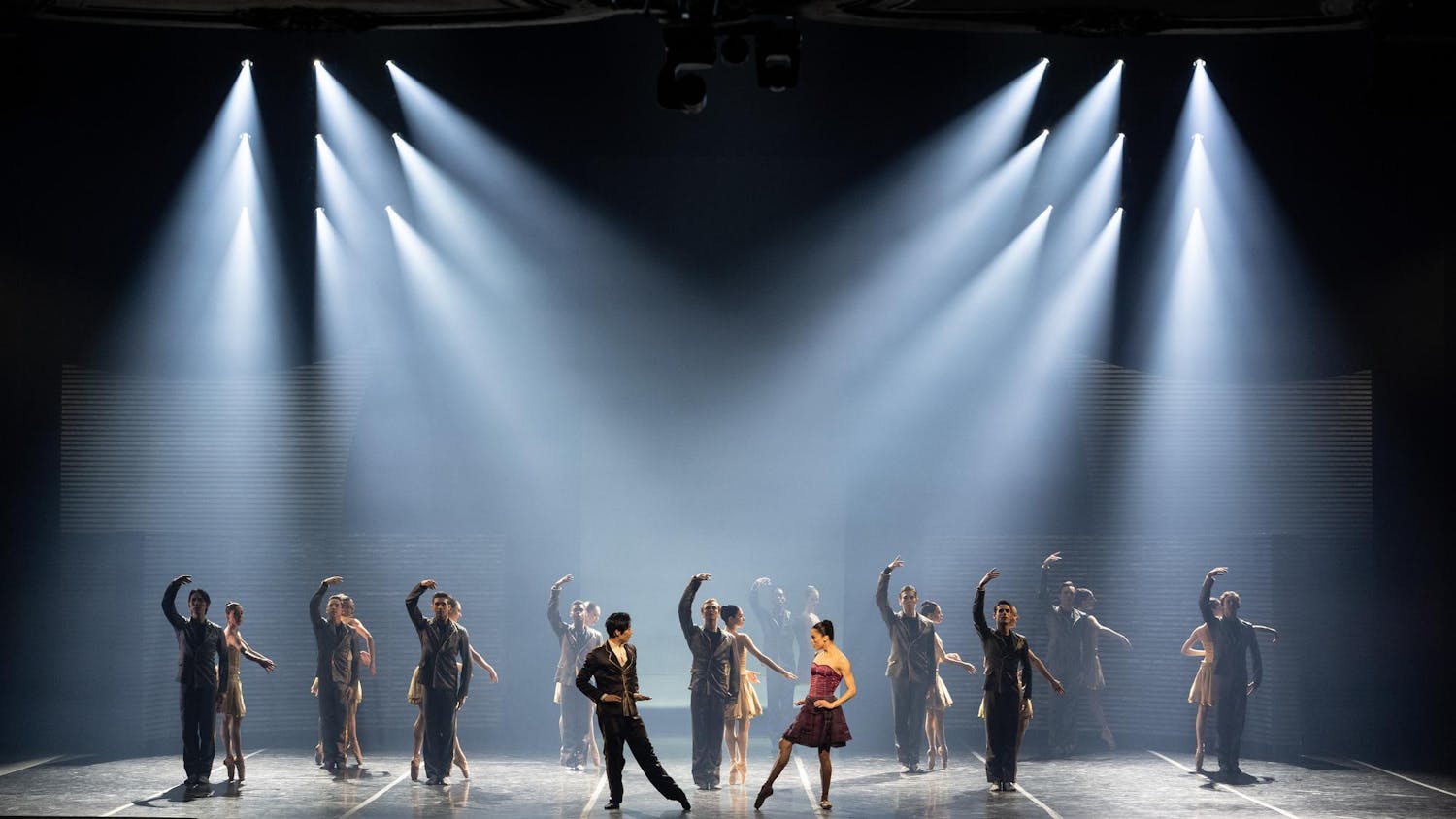Mostly absent from the mainstream,Mitski has rarely resurfaced since the viral success of her previous LP "Be the Cowboy" (2018). However, on her latest Feb. 4 release "Laurel Hell" (2022), Mitski unleashes the darkness with the use of synths, grandiose instrumental builds and razor-thin lyricism. As is evident with the album's lead single"Working for the Knife,"Mitski feels the weight of being yet another cog in the machine of the American workforce. As she realizes the world will move on with or without her, Mitski laments, "I just didn't know it would go without me." Existentialism is in abundance on Mitski's sixth studio album with themes centering on the purpose of being and the challenge of pushing societal boundaries.
The album opens with "Valentine, Texas," Mitski's undoubted way of setting the scene for this bleak and unbecoming environment present on "Laurel Hell." As the audience travels out "to where dust devils are made," there is some comfort in nature, an isolation from society. Mitski juxtaposes the weight of off-the-grid mountains with the pressure she describes feeling as yet another insignificant being within American society in the next track.
"Working for the Knife" epitomizes the futility of creativity when one cannot express any autonomy outside of the ever-consuming workforce. Mitski says she cries "at the start of every movie,"she wishes she could be "making things, too," but as the title implies, she's just "working for the knife." Mitski is to music what Ernest Hemingway was to literature;there is a poetic nature about her short, engaging method of songwriting, but a modernist realism that comes with its lyrical content.
Next comes "Stay Soft," an ode to the perpetual cycle of spirit hardening in society. Mitski compares opening up one's heart to opening the gates of hell — to do so signals the heart’s demise in the wake of vulnerability. "You stay soft, get beaten/ Only natural to harden up," she continues. Society has a way of churning through individuals, no matter their resolve, and Mitski is disillusioned with this concept.
"Everyone" feels like the most interlude-esque track on the record. An introspective reflection from Mitski, the track serves as a flashback to a time when she attempted to diverge from the restrictions society imposed on her. "Everyone said, 'Don't go that way'/ So, of course, to that, I said/ 'I think I'll go that way,'" Mitski sings. However, as the darkness begins to chase her down this path, it catches up to her, and Mitski explains, "Sometimes I think I am free/ Until I find I'm back in line again." Thus, the darkness wins.
On "Heat Lightning," the same defeated spirit is present. Mitski repeats over and over, "There's nothing I can do, not much I can change." As insignificant as a grain of sand on a large beach, Mitski expresses an inability to change the conditions in which she resides. From a pessimistic viewpoint, Mitski is able to explore this concept well and has fleshed it out thoroughly throughout the album thus far.
"The Only Heartbreaker" and "Love Me More" abide to the more conventional production of popular music today. Incorporating the same synth-esque retro-pop that brought success to The Weeknd's "Blinding Lights" (2020) and Dua Lipa's "Physical" (2020), one may call this a satire. Each track has its own ‘earworm-ability,’ but its lyrical content reveals the deeper intent. On "The Only Heartbreaker," Mitski still can't catch a break in her relationship, as she realizes, "So I'll be the loser in this game/I'll be the bad guy in the play." However, on "Love Me More," Mitski is tired with the endless repetition of exhausting days, questioning, "How do other people live?/ I wonder how they keep it up/ When today is finally done/ There's another day to come."
As the album transitions to "There's Nothing Left Here for You," she denies an ex-lover the ability to return to her life. Keeping on trend with the many juxtapositions on this album, the track is followed up with "Should've Been Me," where Mitski acknowledges her inability to provide the love her ex-lover needed: "You wanted me, but couldn't reach me/ So you went into your memory/ Relived all the ways you still want me."
Mitski reaches acceptance on "I Guess," when she realizes it's time to move past the heartbreak and disappointment. She closes the album with "That's Our Lamp," her final testimony to the love she once had which is finally gone.
Impeccably executed, Mitski pulls back the curtains on the desolate within American society: the endless work cycle, the heartbreak and the inability to break free. With such, Mitski reminds her audience that music serves as a creative outlet to represent all aspects, good and bad, of society.






